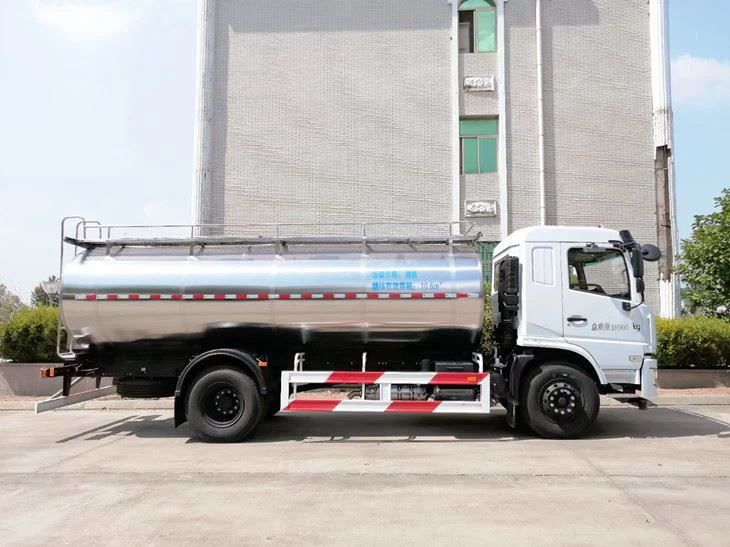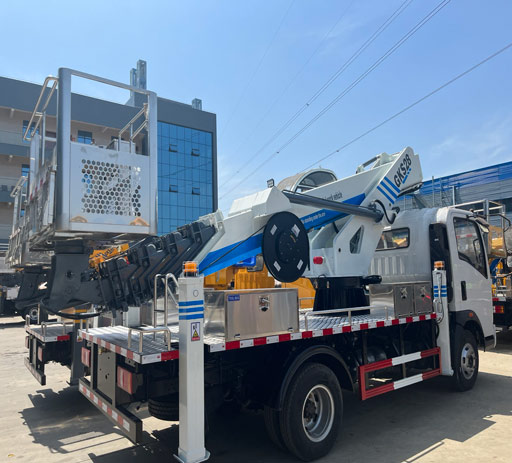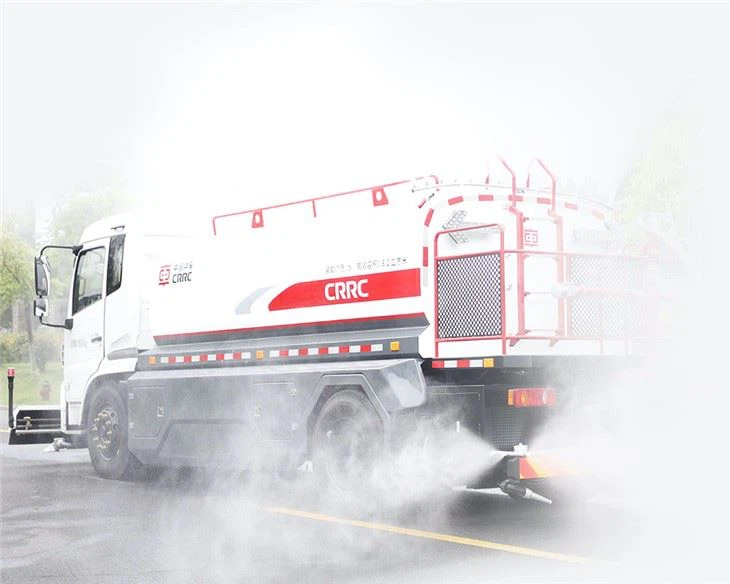Understanding the Weight of a 2000 Gallon Water Truck

In various industries, from agriculture to construction, the importance of transporting water efficiently cannot be overstated. Water trucks come in various sizes, and one of the most commonly used is the 2000-gallon water truck. A question often posed by contractors, farmers, and construction managers is, “What is the weight of a 2000-gallon water truck?” In this article, we will delve into the specifics of the 2000-gallon water truck’s weight, including its components, uses, and considerations for transport and regulation.
What is a 2000 Gallon Water Truck?
A 2000-gallon water truck is a specialized vehicle designed to transport large volumes of water for various applications. These trucks are equipped with a tank that holds approximately 2000 gallons of water, and they often come with features such as pumps, hoses, and spray nozzles. Water trucks play a critical role in dust control, irrigation, firefighting, and more.
The Components of a 2000 Gallon Water Truck
To understand the weight of a 2000-gallon water truck, it’s important to consider its key components:
The Water Tank

The primary component, the tank, ranges in weight depending on its material and construction. Common materials include:
- Steel: Typically heavier, offering durability and strength.
- Aluminum: Lighter but less durable than steel, often used for fuel efficiency.
- Polyethylene: Lightest option, resistant to corrosion, often used for agricultural trucks.
The Truck Chassis
The chassis of the truck contributes significantly to the overall weight. Different types of chassis are designed to support varying payloads, affecting the performance and regulations regarding transport.
Pumps and Equipment
Water trucks often include pumps that allow for efficient water distribution. The weight of the pump and any additional equipment like hoses and sprayers also adds to the total weight of the vehicle.
Estimated Weight Breakdown
| Component | Estimated Weight (lbs) |
|---|---|
| Tank (steel) | 1,500 |
| Chassis | 12,000 |
| Pump and equipment | 500 |
| Total weight without water | 14,000 |
| Water (2000 gallons) | 16,600 |
| Overall operational weight | 30,600 |
Weight Considerations and Regulations
Understanding the total weight of a 2000-gallon water truck is essential for compliance with local and state transportation regulations. Weight limits may vary, and trucks exceeding these limits can face fines, road restrictions, or safety concerns.
Legal Weight Limits for Trucks
In the United States, trucks are typically subject to a 26,000-pound Gross Vehicle Weight Rating (GVWR) limit for standard vehicles. Weight limits can also change based on the number of axles:
- 2 axles: 34,000 lbs
- 3 axles: 42,000 lbs
- 4 axles: 48,000 lbs
- 5 axles: 55,000 lbs
Permits and Licensing
Depending on the weight class of the water truck, certain permits may be required for operation on public roads. Operators should consult with their local Department of Transportation for specific requirements.
Uses for a 2000 Gallon Water Truck
Water trucks serve multiple purposes across various industries:
Agricultural Uses
In agriculture, water trucks are invaluable for irrigation, especially in arid regions. They provide a reliable water source for crops and help in maintaining soil moisture.
Construction and Dust Control
On construction sites, water trucks combat dust pollution, improving air quality and safety conditions for workers. They also assist in managing soil compaction.
Firefighting Support
Water trucks play a supportive role in firefighting efforts, providing water supply in remote areas where traditional water sources might be unavailable.
Environmental Maintenance
Municipalities often use water trucks for street cleaning and maintaining green spaces, ensuring proper water distribution for landscaping projects.
Costs Associated with 2000 Gallon Water Trucks
When considering purchasing or leasing a 2000-gallon water truck, various costs come into play:
Initial Purchase Price
Prices for new 2000-gallon water trucks can range from $25,000 to $100,000 depending on the make, model, and features. Used trucks may offer a more budget-friendly option but may require more maintenance.
Maintenance Costs
Owners must budget for regular maintenance, including:
- Oil changes
- Tire replacements
- Pump maintenance
- Tank inspections for leaks or corrosion
Operational Costs
Fuel costs can vary widely based on usage and fuel type. It’s important to track operational costs to maintain profitability in businesses utilizing water trucks.
Examples of Popular 2000 Gallon Water Trucks

Here are a few models of 2000-gallon water trucks commonly used across different industries:
International 4300
This versatile truck offers durability and reliability, making it a strong contender for various applications. Its powerful engine and comfortable cabin make it ideal for both construction and agricultural tasks.
Freightliner M2 106
Known for its spacious design and excellent weight distribution, the Freightliner M2 106 is a go-to choice for companies transporting water over long distances.
Ford F750
The Ford F750 stands out with its robust engine options and customizable features, allowing operators to get the truck best suited for their needs.
Practical Tips for Operating a 2000 Gallon Water Truck
To ensure efficient and safe operation of a 2000-gallon water truck, consider the following tips:
Load Management
Always ensure the water tank is not filled to exceed weight limits. An underloaded tank can also impact performance and efficiency.
Regular Inspections
Conduct inspections of the water tank, pumps, and hoses regularly to prevent leaks and mechanical failures. Following a preset schedule can help in anticipating maintenance needs.
Driving Techniques
When driving with a full water tank, take care when braking and turning. The added weight can cause longer stopping distances and potential rollovers if not handled appropriately.
FAQs About 2000 Gallon Water Truck Weight
1. What is the total weight of a fully loaded 2000-gallon water truck?
The total weight can exceed 30,000 pounds (15,000 kg) when fully loaded, including the weight of the truck, tank, and water.
2. Can I drive a 2000-gallon water truck with a standard driver’s license?

Generally, a standard driver’s license is sufficient for operating a 2000-gallon water truck, but regulations vary by state and vehicle weight.
3. How does the weight of the water truck affect fuel efficiency?
The heavier the truck, the lower the fuel efficiency often is. Driving habits, load management, and maintenance all affect fuel usage.
4. Are there any specific insurance requirements for water trucks?
Yes, it’s advisable to consult with your insurance provider for specific coverage related to vehicle weight and applications.
5. How often should I maintain a 2000-gallon water truck?
Regular maintenance should occur every 3,000 to 5,000 miles or according to manufacturer guidelines, ensuring all components are in good working condition.
6. What should I do if my water truck exceeds the legal weight limit?
If your truck exceeds legal weight limits, consider offloading excess water or transporting in smaller batches to remain compliant with regulations.
